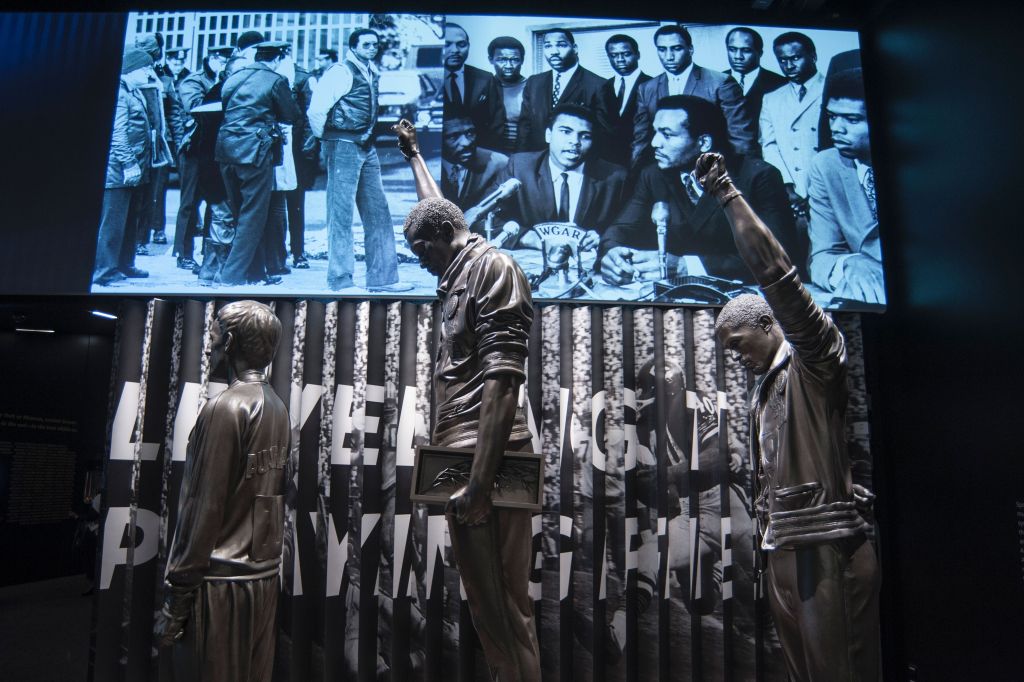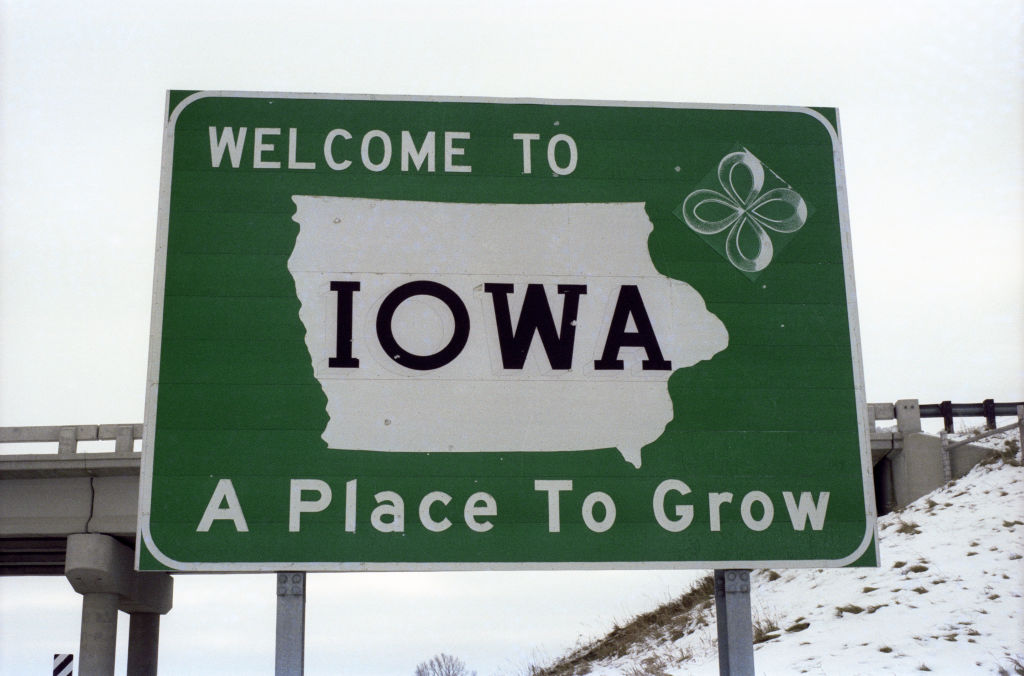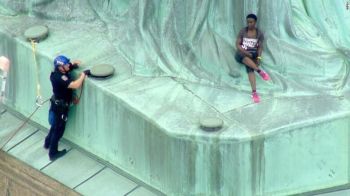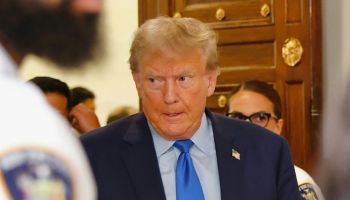
Source: AFP / Getty
The International Olympic Committee (IOC) wants to mute any political statements by punishing those who carry out protests or demonstrations at the 2020 Summer Games in Tokyo.
According to The Washington Post, the IOC published a three-page document of guidelines to outline Rule 50 of the International Olympic Charter, which reads in part, “No kind of demonstration or political, religious or racial propaganda is permitted in any Olympic sites, venues or other areas.”
The rule immediately received backlash with many people viewing it as a silencing of oppression. “The decision to ban protests (which is common beyond the Olympics) reflects the whiteness of all major institutions,” one Twitter user wrote. “Thus proving the point that indeed nothing is neutral. What a privilege to not need to protest for your liberation. This is a racist policy.”
IOC President Thomas Bach defended the rules on Friday according to The Washington Post. “They (the Olympics) are not and must never be a platform to advance political or any other divisive ends,” he said. “Our political neutrality is undermined whenever organizations or individuals attempt to use the Olympic Games as a stage for their own agendas, as legitimate as they may be.”
Athletes have had a long tradition of pushing political messages for oppressed people. American sprinters Tommie Smith and John Carlos famously raised their gloved fists in support of Black power and solidarity at the 1968 Olympic Games in Mexico City. Most recently, blackballed NFL player Colin Kaepernick also started kneeling in 2016 during the national anthem to protest police brutality. Even an international athlete like Feyisa Lilesa of Ethiopia crossed his wrists at the finish line of the men’s marathon at the 2016 Olympic Games to show solidarity with civil rights protestors in his home country.
Time will tell if athletes will follow the rules in 2020 or continue to defy rules for an important cause.
























